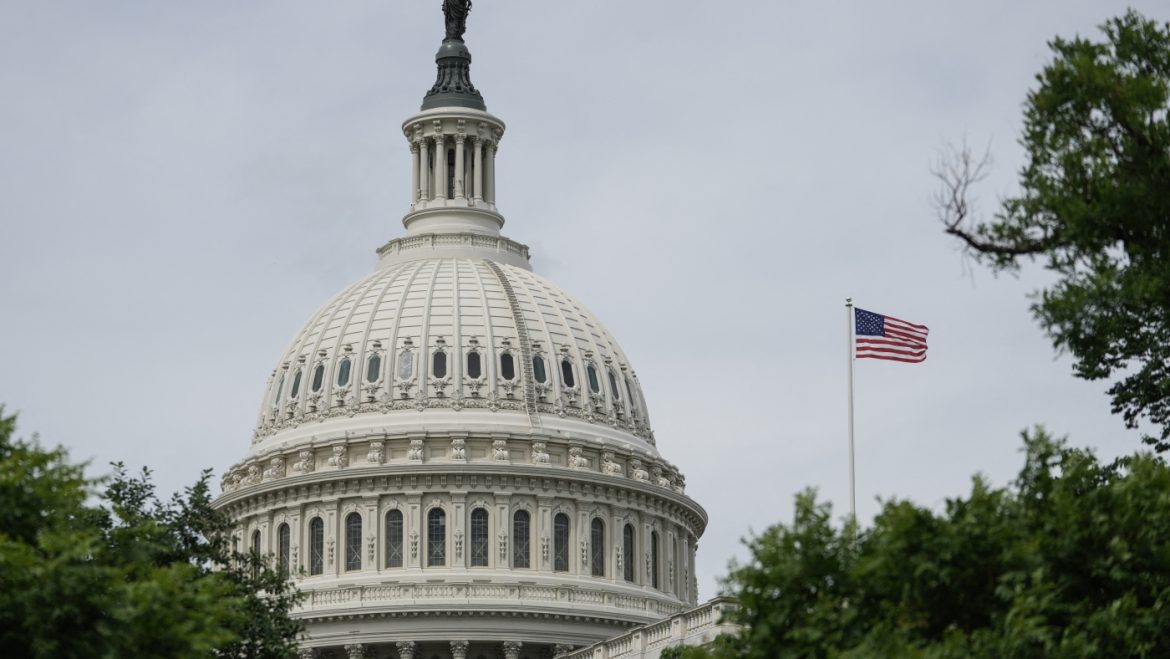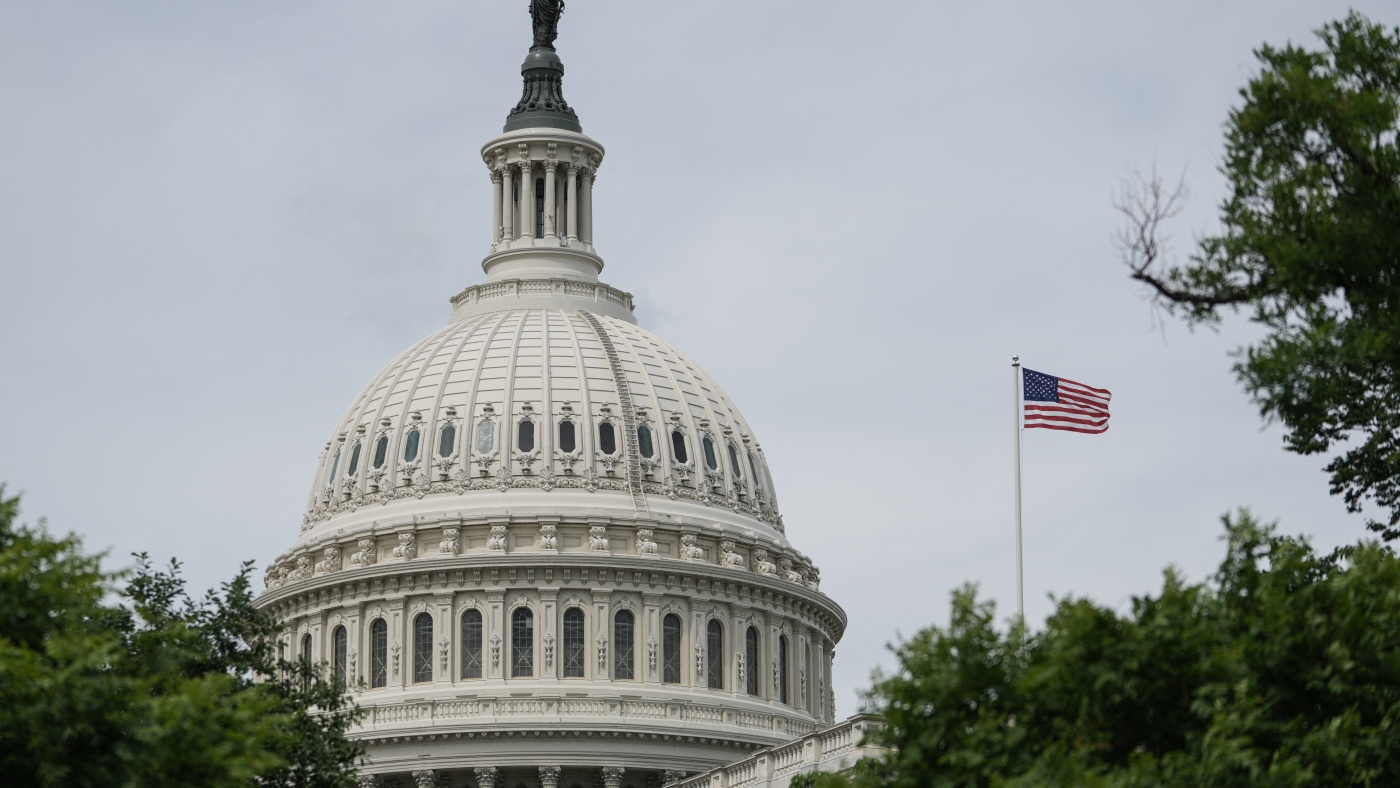The Impact of Federal Funding Cuts on the Opioid Epidemic
Introduction
The opioid epidemic has been a pressing public health crisis in the United States, with fentanyl and other synthetic opioids driving a significant portion of overdose deaths. Recent data shows a promising decline in overdose fatalities, but proposed federal funding cuts threaten to reverse this progress. This report delves into the potential consequences of these cuts, highlighting the critical role of federal funding in combating the opioid crisis and the urgent need for sustained investment in addiction treatment and prevention programs.
The Role of Federal Funding in Combating the Opioid Epidemic
Federal funding has been instrumental in reducing opioid overdose deaths. According to the Centers for Disease Control and Prevention (CDC), overdose deaths plummeted by 26.6% nationwide from June 2023 to October 2024. This reduction is largely attributed to federal grants and programs that support addiction treatment, harm reduction, and overdose prevention efforts. These initiatives have provided essential resources to communities, enabling them to implement effective strategies to combat the opioid epidemic.
Proposed Funding Cuts and Their Potential Impact
Revocation of COVID-Era Grants
The Trump administration’s proposal to revoke $11.4 billion in COVID-era grants, including funds allocated for addiction and mental health care, has raised significant concerns among experts. These grants have been crucial in supporting community-based programs that provide treatment, prevention, and harm reduction services. The revocation of these funds could lead to a significant reduction in access to these vital services, potentially reversing the progress made in lowering opioid overdose deaths.
Naloxone Program Cuts
One of the most alarming proposed cuts is the $56 million grant that teaches first responders how to use naloxone, a lifesaving overdose reversal drug. Public health experts have dubbed naloxone a “silver bullet” against the opioid epidemic. Cutting this program could severely hamper the ability of first responders to save lives, potentially leading to an increase in overdose fatalities. The progress made in lowering opioid overdose deaths could be undermined if first responders are not adequately equipped to administer naloxone.
Medicaid Cuts and Their Implications
Medicaid is the largest payer for addiction services in the United States. Proposed cuts to Medicaid could have devastating consequences for individuals battling opioid addiction. These cuts could slash access to treatment programs, counseling services, and medication-assisted treatment (MAT), which have been proven effective in reducing opioid use and preventing overdose deaths. The loss of these services could lead to increased suffering, addiction spiraling out of control, and more lives lost to overdose.
Expert Warnings and Congressional Response
A coalition of addiction experts, including more than 300 physicians, harm reduction workers, and researchers, has warned Congress of the dire consequences of cutting addiction funding. They sent a letter to Democratic and Republican leaders, emphasizing the critical role of federal funding in reducing overdose deaths. The letter noted that fatal overdoses dropped by roughly 26% in 2024 compared with previous years, highlighting the success of current funding initiatives.
Congressional members have also expressed concerns about the proposed cuts. The Biden administration formed the Office of Recovery to develop strategies for curbing drug overdose deaths, and studies show that stronger behavioral health systems and expanding medications can reduce overdose mortality by 46%. However, proposed cuts threaten to undermine these efforts, potentially leading to an increase in overdose deaths.
The Human Cost of Funding Cuts
The impact of these funding cuts extends beyond statistics and into the lives of individuals and families affected by the opioid epidemic. Addiction recovery programs supported by federal funding help rebuild lives by driving people to medical appointments, crafting résumés, training for new jobs, finding housing, and building social connections unrelated to drugs. Cutting these programs could leave many individuals in crisis, leading to job losses and further strain on families already struggling with addiction.
Conclusion: The Urgent Need for Sustained Investment
The proposed federal funding cuts threaten to reverse the progress made in combating the opioid epidemic. Federal funding has been crucial in reducing overdose deaths, and cutting these funds could lead to increased suffering, more lives lost to overdose, and addiction spiraling out of control. It is imperative that Congress and the administration prioritize sustained investment in addiction treatment and prevention programs. The lives of millions of Americans depend on it. Every second counts in the fight against the opioid epidemic, and every dollar invested in these programs is a step towards saving lives and rebuilding communities.


